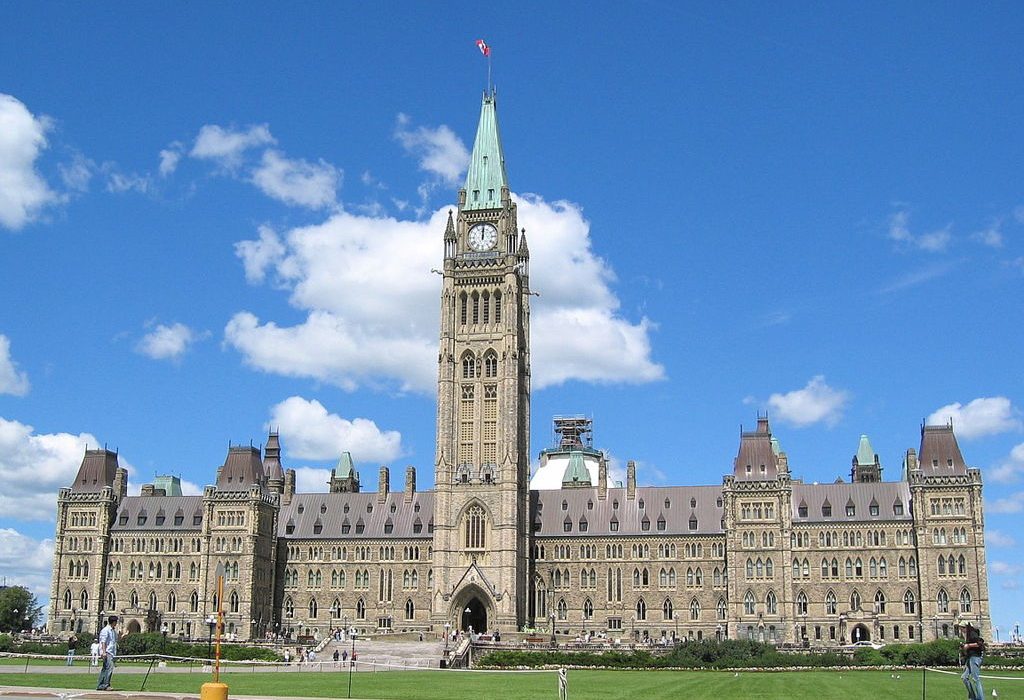Grand Chief Arlen Dumas expresses disappointment with Justice Favel denial of AMC motion for intervener status for CAP application for judicial review of the federal Indigenous Community Support Fund

July 15, 2020
Treaty One Territory, Manitoba
AMC Communications
FOR IMMEDIATE RELEASE
July 15th, 2020
Treaty One Territory, Manitoba – The Assembly of Manitoba Chiefs (AMC) is expressing disappointment with Canada’s Federal Court and its denial of AMC’s motion to gain intervener status in a judicial review filed by the Congress of Aboriginal Peoples (CAP) for the amount of funding it received through the Minister of Indigenous Services Canada and under the Indigenous Community Support Fund. The AMC’s position is that the federal Judge erred in the ruling and that an opportunity to advocate for and determine responsibly for off-reserve First Nations citizens was lost. The AMC also was notified that CAP has withdrawn its application for judicial review for reasons that have not been provided or sought. There are media reports, however, that CAP was provided with $5.5 million through the Indigenous Community Support Fund prior to withdrawing its application.
AMC Grand Chief Arlen Dumas said, “Although CAP has withdrawn its application for judicial review and the point has been deemed moot, AMC is disappointed with Justice Favel’s initial decision to deny AMC intervener status in a court proceeding that could have clarified various First Nations citizenship issues and questions, including, but not limited to, responsibility for off-reserve First Nations citizens during the COVID-19 pandemic and otherwise.”
“AMC put forth a strong, principled argument to be included in this proceeding based on the issues at hand, but also to advance the direction from and position of our Chiefs to advocate through all means necessary to negotiate the appropriate authorities and secure the resources to adequately represent and support all our First Nations citizens regardless of residency; however, Justice Favel of the Federal Court unfortunately misconstrued AMC’s position and interpreted the Applicant’s issue far too narrowly, essentially edging AMC and the First Nations it represents out of a legal argument that could have had far reaching implications. The issues of legitimacy and representation are far from resolved, and the Chiefs in Manitoba will look at all options and opportunities to implement and advance the discussion and outcomes from the March 2018 First Nations Citizen Workshop where leadership and delegates were adamant that First Nations reaffirm the need to exercise our Nationhood by determining who our people are outside the Indian Act, and that the Government of Canada make resources available to engage each First Nation,” added the Grand Chief.
Grand Chief Dumas further added, “given the current discussion on the federal cabinet’s questionable decision to allocate the $900 million student support program through the WE organization as a third party, I am perplexed why an organization such as the AMC with a proven track record of administering millions of dollars on behalf of its members was only provided with $340,000 through the $380 million Indigenous Community Support Fund. First Nations in Manitoba are also questioning the disproportionate amount of overall COVID-19 funding directed to our nations through ISC as part of the overall government response to COVID-19. The ISC amount dedicated to COVID-19 measures for First Nations is around 1 per cent of the overall government budget for the pandemic; this is disproportionate to the overall population, and the effect is felt strongly in Manitoba where a sizeable on and off reserve First Nations population lives. This is yet another example of the lack of respect for the First Nations in Manitoba. It remains AMC’s position that all First Nations funding for all citizens regardless of residency must be fair, proportionate and flowed through legitimate and recognized authorities as appropriate and as directed by First Nations, despite rulings from the federal court and the positions of some Aboriginal organizations.
Grand Chief Arlen Dumas concluded, “All funding for our nations and citizens, COVID-19 or otherwise, should be allotted to First Nations directly or through their representatives regardless of residency of their citizens. AMC, with the support of its constituents, agreed to administer the minimal funding through the Indigenous Community Support Fund as a third party. Although this funding fell far short of what is actually needed given the significant proportion of our people residing in Winnipeg and other urban centres, we decided that it would be in the best interests of our urban citizens to act as a flow through organization, subsequently redirecting this amount to our people in a successfully, well-organized and appropriate way. In the future, and in anticipation of further committed COVID-19 funding for off reserve and urban First Nations, AMC as the recognized and legitimate political, technical and advisory body for First Nations in Manitoba region is calling for a more fair federal process for Manitoba, and a better mechanism for flowing funding to all our people in an efficient manner.”
-30-
For more information, please contact:
Stacia Franz
Assembly of Manitoba Chiefs
Email: sfranz@manitobachiefs.com
Phone: 204-292-1504
About the Assembly of Manitoba Chiefs
The AMC was formed in 1988 by the Chiefs in Manitoba to advocate on issues that commonly affect First Nations in Manitoba. AMC is an authorized representative of 62 of the 63 First Nations in Manitoba with a total of more than 151,000 First Nation citizens in the province, accounting for approximately 12 percent of the provincial population. AMC represents a diversity of Anishinaabe (Ojibway), Nehetho / Ininew (Cree), Anishininew (Ojibwe-Cree), Denesuline (Dene) and Dakota Oyate (Dakota) people.